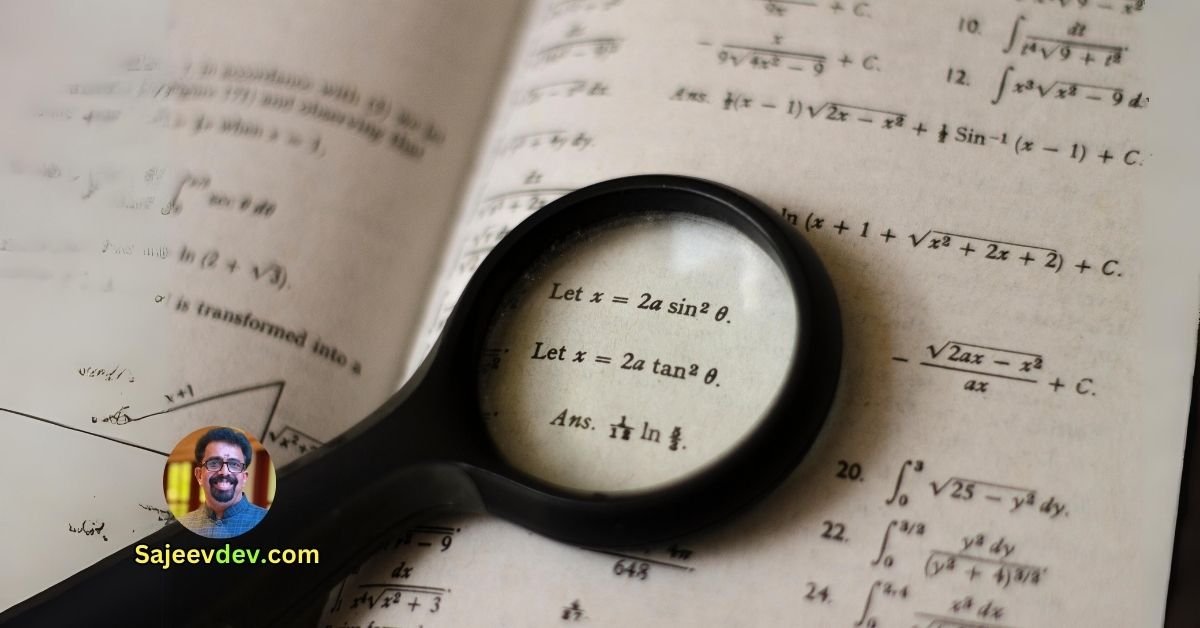Logical-mathematical intelligence is one of the core types of intelligence identified by Howard Gardner in his theory of multiple intelligences. This form of intelligence involves the capacity to analyze problems logically, carry out mathematical operations, and conduct scientific investigations. It is characterized by the ability to think abstractly, reason logically, and identify patterns.
Features of Logical-Mathematical Intelligence
1. Analytical Thinking
Individuals with high logical-mathematical intelligence excel at breaking down complex problems into smaller, manageable parts. They approach problems systematically and use logic to find solutions. This analytical mindset allows them to understand the underlying structure of problems.
2. Proficiency in Mathematics
Those with strong logical-mathematical intelligence often have a natural affinity for numbers and mathematical concepts. They enjoy working with equations, formulas, and numerical data. Their proficiency in mathematics enables them to solve mathematical problems quickly and accurately.
3. Scientific Reasoning
Logical-mathematical intelligence is closely linked to scientific thinking. Individuals with this form of intelligence are skilled at forming hypotheses, conducting experiments, and analyzing data. They use scientific methods to investigate questions and draw conclusions based on evidence.
4. Abstract Thinking
Abstract thinking is a hallmark of logical-mathematical intelligence. These individuals can think about concepts that are not immediately tangible, such as theories, principles, and hypothetical scenarios. This ability allows them to understand complex systems and ideas.
5. Pattern Recognition
Recognizing patterns and relationships is a key feature of logical-mathematical intelligence. People with this intelligence can identify regularities and irregularities in data, making it easier for them to predict outcomes and solve problems based on observed patterns.
How to Develop Logical-Mathematical Intelligence
1. Engage in Problem-Solving Activities
Engaging in problem-solving activities helps develop logical-mathematical skills. These activities challenge you to think critically and apply logical reasoning to find solutions.
Tips:
- Solve puzzles and brainteasers regularly.
- Engage in strategy games like chess or Sudoku.
- Work on logic puzzles and riddles.
2. Study and Practice Mathematics
Regular study and practice of mathematics are essential for enhancing logical-mathematical intelligence. Mathematics provides a structured way to develop logical reasoning and problem-solving skills.
Tips:
- Take advanced mathematics courses or join a math club.
- Practice different types of math problems, from algebra to calculus.
- Use online resources and apps for additional practice and tutorials.
3. Conduct Scientific Experiments
Conducting scientific experiments nurtures logical-mathematical intelligence by encouraging you to think scientifically and analytically. Experiments require you to form hypotheses, gather data, and analyze results.
Tips:
- Participate in science fairs or join a science club.
- Conduct simple experiments at home or in the classroom.
- Read scientific journals and articles to stay informed about current research.
4. Learn Computer Programming
Computer programming involves logical thinking, problem-solving, and pattern recognition, making it an excellent way to develop logical-mathematical intelligence. Writing code requires you to think logically and structure your thoughts clearly.
Tips:
- Learn programming languages like Python, Java, or C++.
- Participate in coding bootcamps or online courses.
- Work on programming projects or join coding competitions.
5. Analyze Data
Data analysis involves identifying patterns, making predictions, and drawing conclusions based on evidence. This practice enhances your ability to think logically and work with numerical information.
Tips:
- Use software like Excel or specialized data analysis tools.
- Work on projects that involve collecting and analyzing data.
- Study statistics and learn how to interpret data effectively.
6. Engage in Strategic Games and Activities
Strategic games and activities require logical thinking and strategic planning. These activities help you develop your ability to think ahead, plan, and solve complex problems.
Tips:
- Play strategy-based board games like Risk or Settlers of Catan.
- Engage in online strategy games that require tactical thinking.
- Participate in activities like debating or strategic planning exercises.
7. Explore Abstract Concepts
Exploring abstract concepts through philosophy, theoretical science, and other disciplines enhances your ability to think abstractly and logically. Delving into these subjects challenges you to understand and apply complex ideas.
Tips:
- Read books on philosophy, logic, and theoretical science.
- Participate in discussions or study groups focused on abstract concepts.
- Write essays or papers on topics that require deep, abstract thinking.
Developing logical-mathematical intelligence involves engaging in activities that challenge your analytical thinking, mathematical skills, and scientific reasoning. By regularly solving problems, studying mathematics, conducting experiments, learning programming, analyzing data, playing strategic games, and exploring abstract concepts, you can enhance your logical-mathematical abilities. Embrace these activities to sharpen your mind, improve your problem-solving skills, and deepen your understanding of the logical and mathematical aspects of the world.



